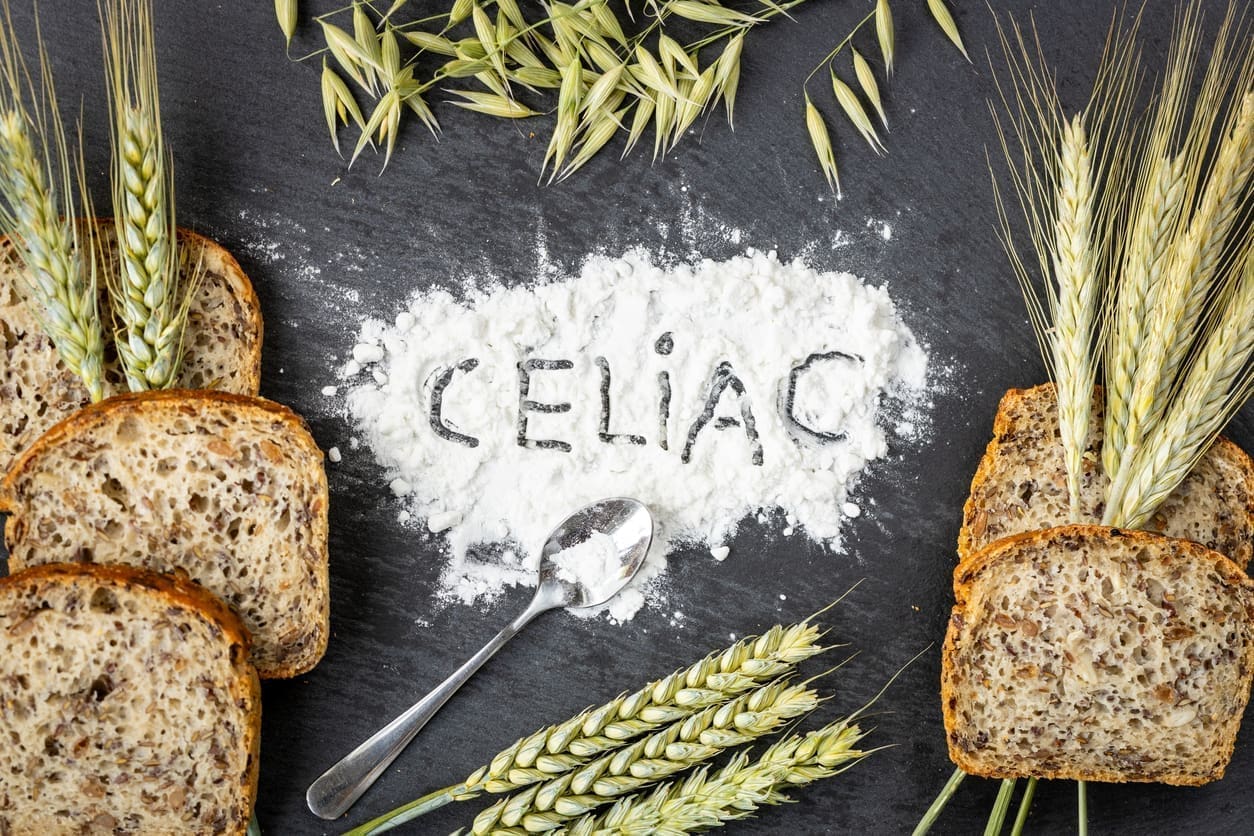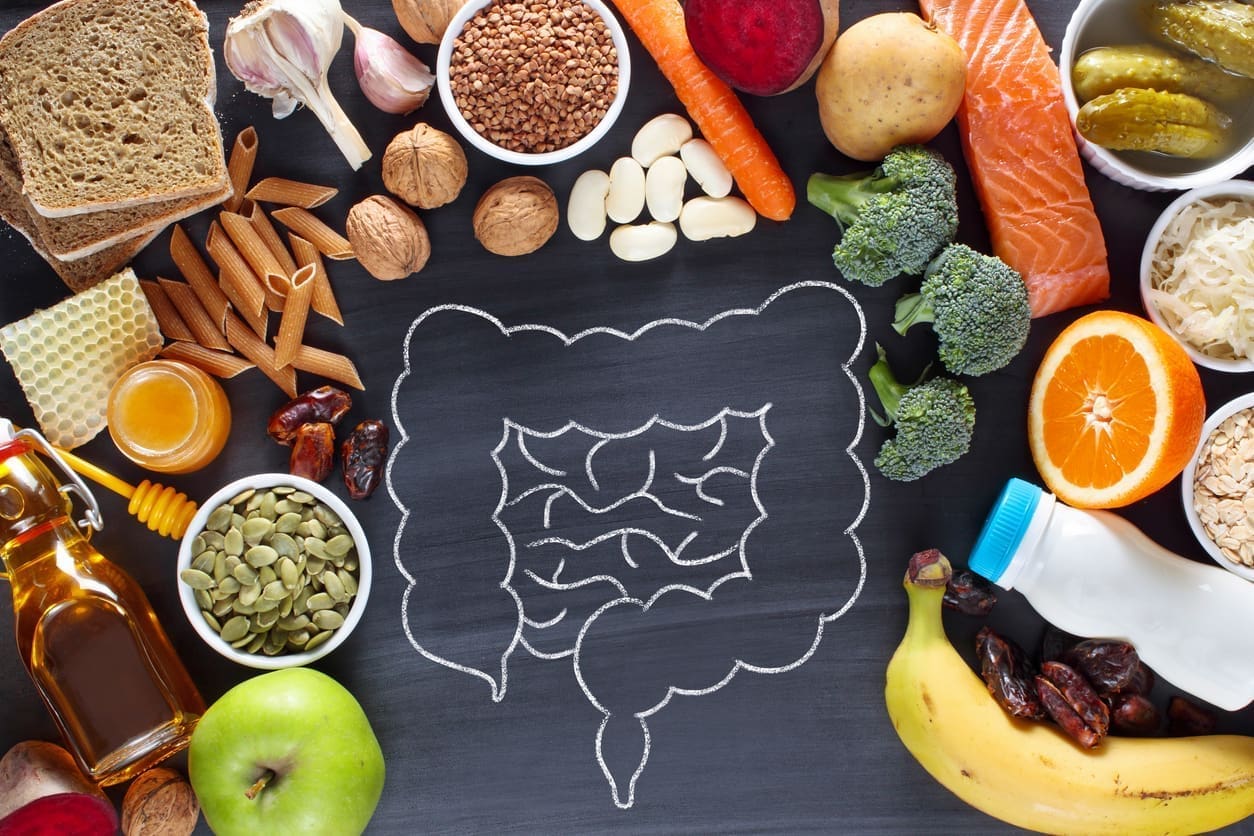For years, gluten has taken the heat for a wide range of gut-related health problems—from digestive issues and bloating to brain fog, skin rashes, and even inflammatory bowel disease. But what if gluten isn’t the real villain in this story?
Emerging research is beginning to shift the narrative from gluten to something far more pervasive in our modern food system: glyphosate, the active ingredient in Roundup. It’s not just about gluten and glyphosate anymore—it’s about understanding how these elements affect our gut health and how we can heal the gut naturally.
At Doudlah Farms, we’ve always believed food should heal, not harm. That’s why we grow glyphosate-free, certified organic ancient grains and advocate for regenerative farming. If you’re asking, “Can I eat wheat again?”—this post is for you.
Introduction: Rethinking the Gluten Blame
For years, gluten has been at the center of conversations about gut health, with many people attributing digestive discomfort and other symptoms to this common protein. However, the story is more complex than blaming gluten for every gut-related issue. Various factors influence our digestive systems, including the balance of beneficial bacteria in the gut microbiome and exposure to environmental toxins like glyphosate. Recent research suggests that the increase in celiac disease and gluten intolerance may be linked not just to gluten itself, but also to disruptions in the gut microbiome caused by these external factors. By broadening our understanding of how gluten, gut bacteria, and environmental toxins interact, we can take a more holistic approach to supporting gut health and managing gluten-related conditions.
Understanding Celiac Disease and Gluten Intolerance

Celiac disease is a serious autoimmune condition in which the immune system reacts to gluten, causing inflammation and damage to the small intestine. This can lead to various symptoms, from digestive discomfort to nutrient deficiencies. Gluten intolerance, while not autoimmune, can still cause significant symptoms such as bloating, fatigue, and changes in bowel habits. Both conditions highlight the importance of maintaining gut health and a balanced gut microbiome, as disruptions in gut bacteria can worsen symptoms and overall well-being. Emerging evidence points to glyphosate as a potential disruptor of gut bacteria, which may contribute to the rise in gluten intolerance and celiac disease. Addressing these conditions requires more than just removing gluten from the diet—it calls for a comprehensive approach that supports the immune system, gut bacteria, and the health of the small intestine.
The Gluten Blame Game: What’s Going On?
Gluten—a protein found in wheat, barley, and rye—has been demonized in recent years. People with celiac disease (also known as celiac sprue) or gluten sensitivity must avoid it entirely. But what about those who cut gluten and still experience digestive problems, GI symptoms, or other digestive issues? Or those who can eat ancient grains with no problems?
Here’s a theory worth exploring: maybe it’s not the gluten but the glyphosate residues left on conventionally grown grains that are wreaking havoc on your digestive tract and gut microbiome.
Glyphosate is widely used in crop desiccation—spraying just before harvest to dry out grains like wheat. This practice increases yield efficiency but raises serious concerns about glyphosate exposure in everyday foods.
So, what does glyphosate do to your gut?
This toxic chemical isn’t just a danger to your gut—it’s a threat to human health, biodiversity, and the environment.
The gut microbiome is a complex ecosystem of bacteria that plays a crucial role in digestive health. Beneficial bacteria help break down food, absorb nutrients, and produce essential vitamins while maintaining a strong gut barrier. When the balance of gut bacteria is disrupted—a condition known as gut dysbiosis—it can lead to many problems, including inflammatory bowel disease, gluten intolerance, and even mood disturbances. Introducing probiotic-rich foods, such as yogurt and fermented vegetables, can help restore a balanced gut microbiome and support better gut health. It’s also important to be mindful of environmental toxins like glyphosate, which can negatively affect gut bacteria and contribute to digestive issues. By focusing on foods and habits that nurture beneficial bacteria, you can help protect your gut from the effects of gut dysbiosis and promote overall digestive health.
Healing the Gut Naturally: What You Can Do

Whether you’re dealing with gluten intolerance, digestive health issues, or just want better gut health, there are ways to take back control:
3.3 Focus on Whole Foods
Choose whole, minimally processed foods as the foundation of your diet. Certain foods, such as fermented foods (like yogurt, kefir, and sauerkraut), prebiotics (found in garlic, onions, and bananas), and collagen-rich options (like bone broth), can specifically support gut repair. When selecting grains, opt for brown rice, which provides more vitamins and minerals compared to refined grains. Including anti-inflammatory foods and drinks, such as turmeric, ginger tea, and leafy greens, can also help reduce inflammation in the gut and promote digestive health.
3.4 Limit Processed Foods
Reduce your intake of highly processed foods, added sugars, and artificial ingredients. These can disrupt the balance of your gut microbiome and contribute to inflammation. Instead, focus on nutrient-dense, anti-inflammatory choices to support your gut.
3.5 Watch for Symptoms
Pay attention to how your body responds to dietary changes. Symptoms like bloating, abdominal pain, diarrhea, constipation, and unexplained weight loss may indicate underlying issues. If you experience persistent or severe gut issues, consult a healthcare professional for proper diagnosis and guidance.
Choose certified organic products from trusted farms like Doudlah Farms. Our ancient organic grains are grown without synthetic pesticides, herbicides, or glyphosate.
Modern wheat has been heavily hybridized. In contrast, ancient grains like einkorn, emmer, and spelt are closer to their natural form, with a more digestible gluten structure and higher nutritional benefits. These gluten-free grains naturally lower-gluten grains) They are easier on the digestive system and support a balanced gut microbiome.
Another excellent option is millet, a nutritious, gluten-free grain known for its mild taste and versatility in cooking. Millet is also high in calcium, which supports bone health.
Limit ultra-processed foods, which often contain additives that disrupt bowel habits and gut flora. Instead, eat whole grains, brown rice, bitter greens, and probiotic-rich foods like kimchi and yogurt to encourage good bacteria.
Foods like whole grains, beans, and starchy vegetables contain resistant starch and high fiber content, which help maintain healthy bowel habits and feed beneficial bacteria in your gut. Additionally, foods high in resistant starch, such as buckwheat, may help reduce cholesterol levels and support cardiovascular health.
Not everyone needs to go on a strict gluten-free diet, especially when the real culprit might be chemical exposure, not gluten itself. Pay attention to how your body reacts to processed foods vs clean, organic grains.
This is the question we hear all the time. And the answer might surprise you.
Many people enjoy ancient grains when they avoid conventional, chemically treated wheat. That means choosing glyphosate-free, non-GMO, organic products from regenerative farms. It’s not just about going gluten-free—it’s about avoiding glyphosate gut health triggers and restoring your microbiome naturally.
How Doudlah Farms Is Part of the Solution
At Doudlah Farms, we grow certified organic ancient grains in rich, Midwest soil using regenerative agriculture. Our grains are:
Whether you’re looking to bake your gut-friendly bread or just want to absorb nutrients more efficiently, we offer clean alternatives that honor both health benefits and flavor.
The conversation is no longer just gluten vs glyphosate—it’s about restoring digestive health throughmore intelligentr food choices. The good news? You don’t have to give up grains. You just have to choose the right ones.
Clean, organic, and unprocessed foods can help rebuild your gut microbiome, reduce inflammatory responses, and promote long-term health benefits.
Ready to make the switch?
Explore our full selection of glyphosate-free ancient grains at DoudlahFarms.com. Your gut will thank you.